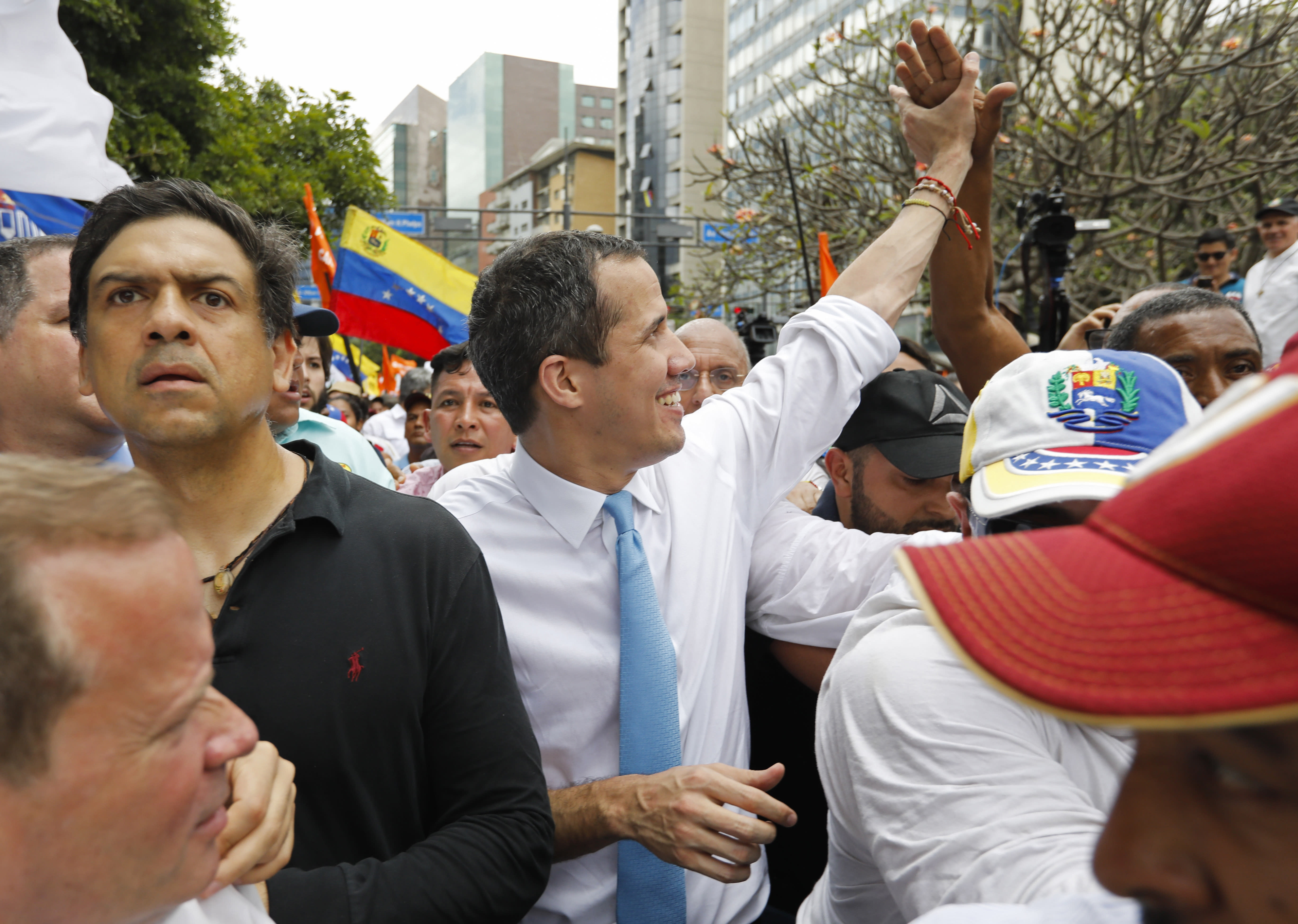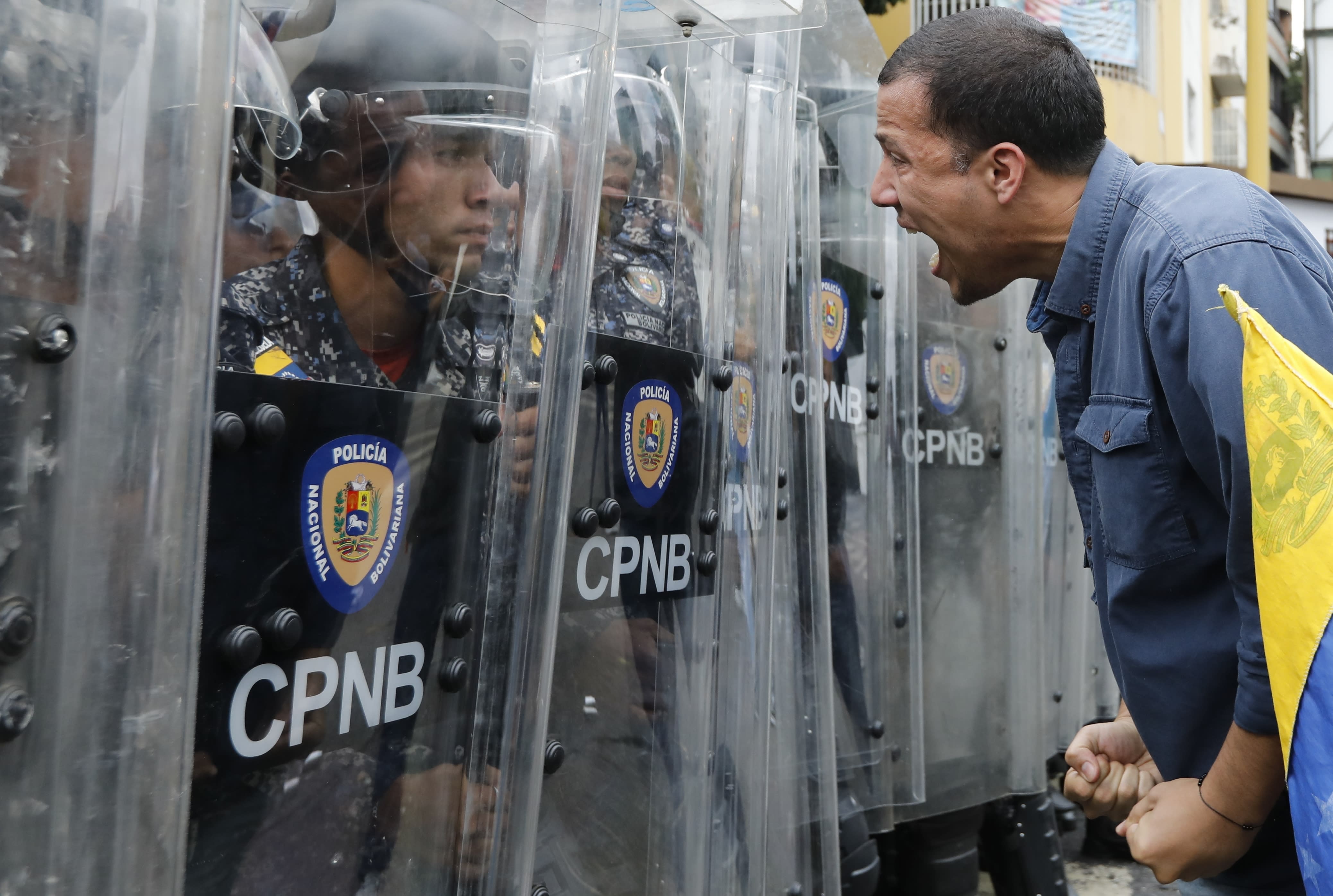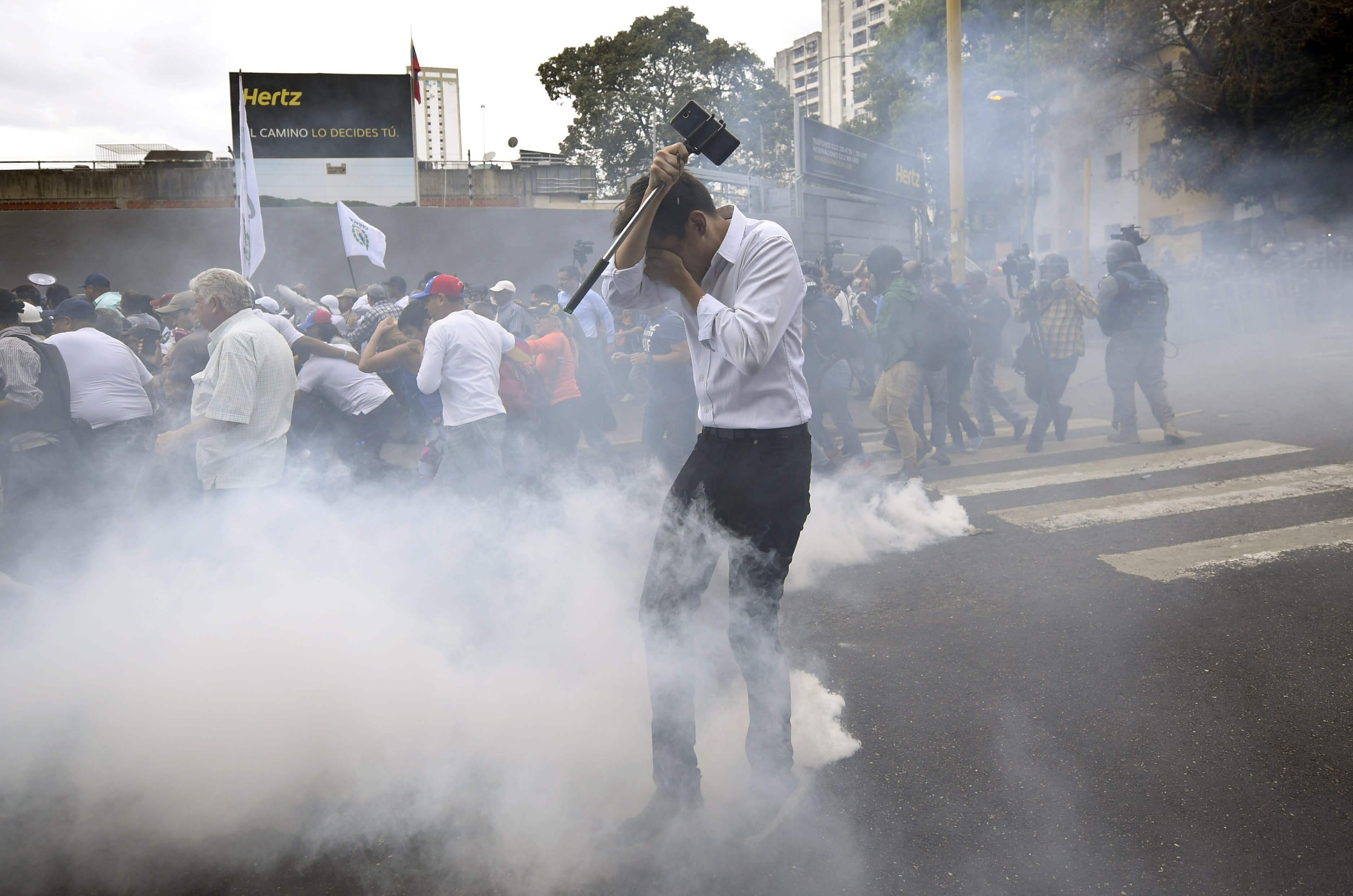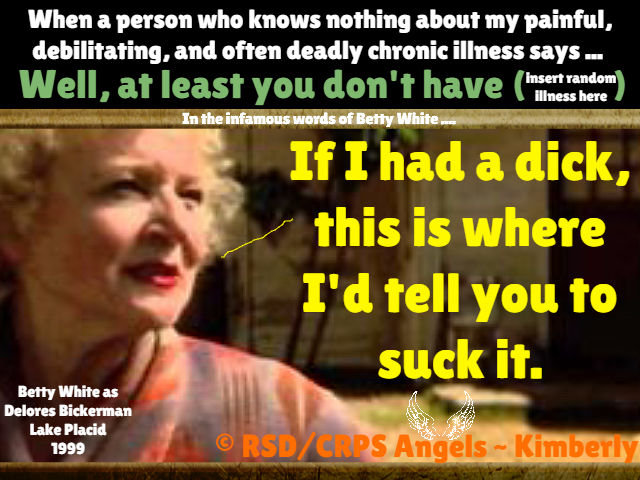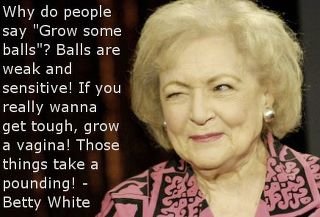Lauren Aratani in New York, The Guardian•March 13, 2020

Photograph: Mike Groll/AP
In the middle of his shift last summer at Chipotle in New York City, Carlos Hernandez started to feel sick.
He told his manager that he was having diarrhea which, under the US Food and Drug Administration’s food code for restaurants and food services, meant he should have been excused from his shift.
Instead, Hernandez was told to stick around. He was to either go into the back of the store to wash dishes or work the register.
“Even if you’re sick, they really don’t care. If you can still stand up on your feet and move your hands, you’re considered workable,” Hernandez said.
Related: 'I suffer through it': how US workers cope without paid sick leave
This brushing off of illness is common in many places within the food service and restaurant industry and has been for many years. But with the recent coronavirus outbreak, being sick is no longer something people can shrug off given the illness’s ability to spread rapidly and efficiently.
The culture around sick leave in the food service industry is that it is nearly nonexistent. The CDC says that 15% of food workers have paid sick leave. That means a bulk of people in the industry are part of the 32 million American workers who are without paid sick leave.
Poor sick leave policies are an “industry standard” in food service, particularly fast food, said Judy Conti, government affairs director for the National Employment Law Center. The US does not have a federal sick leave policy, with 12 states and Washington DC having paid sick leave laws.
“Workers are getting low wage to begin with, so it’s really disadvantageous for them to take time off from work because they won’t get paid,” Conti said.
Maurilia Arellanes, who works at a McDonald’s in San Jose, California, said that she took a day off during the week to recover from the flu last year. When she came back to work, she found that she lost a chunk of the hours she was typically assigned to work.
“I went from working 35 hours a week to 27 hours a week. I had spent a month asking and begging my managers to get me back my normal shifts,” Arellanes said. “Workers like me are paid wages so low that we are dependent on every cent we earn on our shift.”
Arellanes is part of the Fight for $15, a workers’ rights campaign that has called on McDonald’s to give all workers in its corporate and franchise location paid sick leave if an employee or a close family member has tested positive for coronavirus and must be quarantined. They also demand that the company provide paid leave for parents who care for children of closed schools and cover the cost of testing and treatment of the virus.
“When I called in sick recently, I had to miss a payment on my electric bill and pleaded with the utility company for an extension,” said Fran Marion, a McDonald’s worker in Kansas City, Missouri, also part of Fight for $15. “If any of us had to be quarantined for two weeks … the effects would be devastating for our families.”
In response to the campaign, McDonald’s made an announcement that they will offer up to 14 days of paid sick leave to any employee of corporate-owned restaurants who is quarantined with coronavirus. A vast majority of McDonald’s restaurants, above 90%, are not corporate-owned but are owned by franchisees.
“As we proactively monitor the impact of the coronavirus, we are continuously evaluating our policies to provide flexibility and reasonable accommodations,” a McDonald’s spokesperson wrote in statement.
Even with paid sick leave, workplace culture in the food service industry encourages ill employees to make their shift rather than having someone rush to find a replacement.
Luis Torres, another Chipotle worker in New York City, says that managers at his location will often “guilt” employees into working while sick, saying that they are busy and do not have enough people working. “I’ve kind of normalized it, many people have normalized it,” Torres said.
Chipotle as a company offers three days of paid sick leave each year, but employees in New York City associated with the local 32BJ SEIU union, including Hernandez and Torres, went on strike last week in response to what they say is the company not following local sick leave laws. New York City requires five days paid sick leave accrued over the year.
Earlier this year, Chipotle settled with the city’s department of consumer and worker protection for firing an employee who took sick leave. The department is also conducting a deeper investigation of the chain’s workplace practices.
“We communicate to all employees how they can properly request sick time. Employees that are not feeling well are required to stay home and we’ll welcome them back when they are symptom free,” a Chipotle spokesperson wrote in a statement to the Guardian.
From a public health perspective, actively encouraging employees to take time off while sick is important for industries such as food service whose work requires employees to come in direct contact with people.
But the food industry has been particularly susceptible to high turnover because it typically produces high-pressure and fast-paced environments, putting pressure on managers to have all hands on deck even when employees are ill.
“Missing one person out of a system in a restaurant or a food [service] setting is really problematic” for efficiency and quality in a restaurant, said Ben Chapman, a professor and food safety extension specialist at North Carolina State University. “It’s a problem in public health that we haven’t really gotten our hands around.”
Chapman said while coronavirus is not at a stage where people should be avoiding restaurants, “people should be wary of being around people who are ill”.
In the middle of his shift last summer at Chipotle in New York City, Carlos Hernandez started to feel sick.
He told his manager that he was having diarrhea which, under the US Food and Drug Administration’s food code for restaurants and food services, meant he should have been excused from his shift.
Instead, Hernandez was told to stick around. He was to either go into the back of the store to wash dishes or work the register.
“Even if you’re sick, they really don’t care. If you can still stand up on your feet and move your hands, you’re considered workable,” Hernandez said.
Related: 'I suffer through it': how US workers cope without paid sick leave
This brushing off of illness is common in many places within the food service and restaurant industry and has been for many years. But with the recent coronavirus outbreak, being sick is no longer something people can shrug off given the illness’s ability to spread rapidly and efficiently.
The culture around sick leave in the food service industry is that it is nearly nonexistent. The CDC says that 15% of food workers have paid sick leave. That means a bulk of people in the industry are part of the 32 million American workers who are without paid sick leave.
Poor sick leave policies are an “industry standard” in food service, particularly fast food, said Judy Conti, government affairs director for the National Employment Law Center. The US does not have a federal sick leave policy, with 12 states and Washington DC having paid sick leave laws.
“Workers are getting low wage to begin with, so it’s really disadvantageous for them to take time off from work because they won’t get paid,” Conti said.
Maurilia Arellanes, who works at a McDonald’s in San Jose, California, said that she took a day off during the week to recover from the flu last year. When she came back to work, she found that she lost a chunk of the hours she was typically assigned to work.
“I went from working 35 hours a week to 27 hours a week. I had spent a month asking and begging my managers to get me back my normal shifts,” Arellanes said. “Workers like me are paid wages so low that we are dependent on every cent we earn on our shift.”
Arellanes is part of the Fight for $15, a workers’ rights campaign that has called on McDonald’s to give all workers in its corporate and franchise location paid sick leave if an employee or a close family member has tested positive for coronavirus and must be quarantined. They also demand that the company provide paid leave for parents who care for children of closed schools and cover the cost of testing and treatment of the virus.
“When I called in sick recently, I had to miss a payment on my electric bill and pleaded with the utility company for an extension,” said Fran Marion, a McDonald’s worker in Kansas City, Missouri, also part of Fight for $15. “If any of us had to be quarantined for two weeks … the effects would be devastating for our families.”
In response to the campaign, McDonald’s made an announcement that they will offer up to 14 days of paid sick leave to any employee of corporate-owned restaurants who is quarantined with coronavirus. A vast majority of McDonald’s restaurants, above 90%, are not corporate-owned but are owned by franchisees.
“As we proactively monitor the impact of the coronavirus, we are continuously evaluating our policies to provide flexibility and reasonable accommodations,” a McDonald’s spokesperson wrote in statement.
Even with paid sick leave, workplace culture in the food service industry encourages ill employees to make their shift rather than having someone rush to find a replacement.
Luis Torres, another Chipotle worker in New York City, says that managers at his location will often “guilt” employees into working while sick, saying that they are busy and do not have enough people working. “I’ve kind of normalized it, many people have normalized it,” Torres said.
Chipotle as a company offers three days of paid sick leave each year, but employees in New York City associated with the local 32BJ SEIU union, including Hernandez and Torres, went on strike last week in response to what they say is the company not following local sick leave laws. New York City requires five days paid sick leave accrued over the year.
Earlier this year, Chipotle settled with the city’s department of consumer and worker protection for firing an employee who took sick leave. The department is also conducting a deeper investigation of the chain’s workplace practices.
“We communicate to all employees how they can properly request sick time. Employees that are not feeling well are required to stay home and we’ll welcome them back when they are symptom free,” a Chipotle spokesperson wrote in a statement to the Guardian.
From a public health perspective, actively encouraging employees to take time off while sick is important for industries such as food service whose work requires employees to come in direct contact with people.
But the food industry has been particularly susceptible to high turnover because it typically produces high-pressure and fast-paced environments, putting pressure on managers to have all hands on deck even when employees are ill.
“Missing one person out of a system in a restaurant or a food [service] setting is really problematic” for efficiency and quality in a restaurant, said Ben Chapman, a professor and food safety extension specialist at North Carolina State University. “It’s a problem in public health that we haven’t really gotten our hands around.”
Chapman said while coronavirus is not at a stage where people should be avoiding restaurants, “people should be wary of being around people who are ill”.
---30---
Major companies are making big changes to their sick leave policies amid coronavirus spread
Tim O'Donnell, The Week•March 10, 2020
The spread of the novel coronavirus has prompted several major U.S. companies to re-think their sick policies.
Walmart, which had an employee in Kentucky test positive for the virus, will not penalize hourly workers who call in sick, and any employees who are diagnosed with COVID-19 or are placed in quarantine will receive two weeks of pay that won't come out of their normal paid leave. Uber is also providing two weeks worth of pay to any drivers or delivery workers who have tested positive or are isolated, while Lyft said it would compensate its drivers, as well, though the company did not elaborate.
Apple, meanwhile, is set to provide unlimited paid leave to any hourly employees who show cold or flu symptoms similar to COVID-19 even if they're not formally diagnosed, and, like Google, is encouraging its corporate employees to work from home for a while.
As for Darden Restaurants, the parent company of several chains including Olive Garden, the new coronavirus apparently sped up already-in-motion plans to reshape their benefits. Employees will now receive up to 40 hours of paid sick leave annually. Read more at The Washington Post and Business Insider.
Major companies are making big changes to their sick leave policies amid coronavirus spread
Tim O'Donnell, The Week•March 10, 2020
The spread of the novel coronavirus has prompted several major U.S. companies to re-think their sick policies.
Walmart, which had an employee in Kentucky test positive for the virus, will not penalize hourly workers who call in sick, and any employees who are diagnosed with COVID-19 or are placed in quarantine will receive two weeks of pay that won't come out of their normal paid leave. Uber is also providing two weeks worth of pay to any drivers or delivery workers who have tested positive or are isolated, while Lyft said it would compensate its drivers, as well, though the company did not elaborate.
Apple, meanwhile, is set to provide unlimited paid leave to any hourly employees who show cold or flu symptoms similar to COVID-19 even if they're not formally diagnosed, and, like Google, is encouraging its corporate employees to work from home for a while.
As for Darden Restaurants, the parent company of several chains including Olive Garden, the new coronavirus apparently sped up already-in-motion plans to reshape their benefits. Employees will now receive up to 40 hours of paid sick leave annually. Read more at The Washington Post and Business Insider.





 T
T



